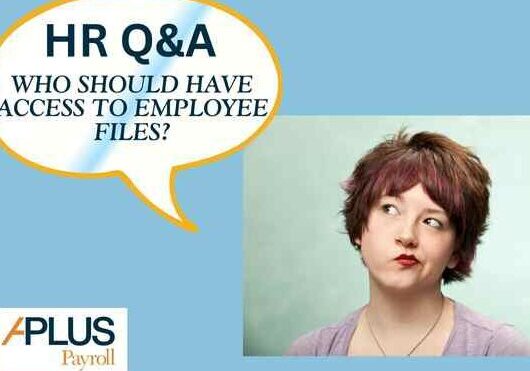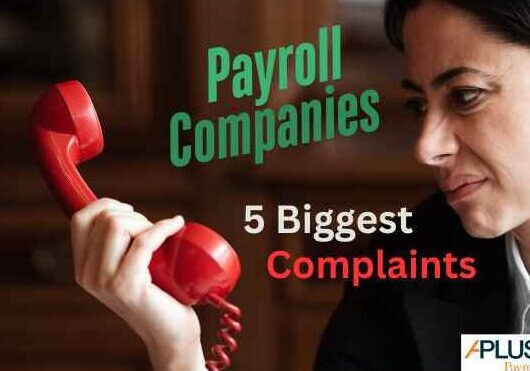What Is Payroll Fraud and How Do I Recognize It?
by Paul Devlin
Payroll fraud occurs when employees or employers manipulate the payroll system for financial gain. It can happen in any organization, regardless of size, and can be challenging to detect without proper controls in place.
Why is Payroll Fraud a Concern?
- Financial Losses: Payroll fraud can lead to substantial financial losses, affecting your bottom line.
- Legal Consequences: Businesses may face legal repercussions if payroll fraud is discovered.
- Employee Morale: Trust issues can arise among employees, damaging workplace morale and productivity.
Common Payroll Fraud Schemes
1. Ghost Employees
A ghost employee is a fictitious person added to the payroll by a dishonest employee. The fraudster collects wages and benefits intended for this non-existent worker.
How to Recognize:
- Unexplained payroll increases
- Duplicate direct deposit accounts
- Inconsistent employee records
2. Timesheet Fraud
Employees falsify timesheets to claim pay for hours they did not work. This can include inflating hours or claiming overtime they didn’t perform.
How to Recognize:
- Discrepancies between timesheets and actual work schedules
- Frequent manual adjustments to timesheets
- Employees logging excessive overtime without justification
3. Commission Fraud
This occurs when sales employees inflate their sales figures to receive higher commissions.
How to Recognize:
- Sales records not matching inventory levels
- Unusually high commission payouts
- Complaints from customers or discrepancies in customer records
4. Expense Reimbursement Fraud
Employees submit false or inflated expense reports to receive reimbursements they are not entitled to.
How to Recognize:
- Unusual patterns in expense reports
- Duplicate or altered receipts
- Expenses that don’t align with business activities
Preventing Payroll Fraud
1. Implement Strong Internal Controls
Establish robust internal control systems to detect and prevent fraud. This includes:
- Regular audits of payroll records
- Segregation of duties so that no single employee controls all aspects of payroll
- Approval processes for timesheets and expense reports
2. Utilize Payroll Outsourcing
Investing in reliable payroll service can automate many payroll processes, reducing the risk of human error and fraudulent activities and can also give you that extra layer of security. Look for features such as:
- Automated time tracking
- Direct integration with accounting systems
- Real-time reporting and alerts for unusual activities
3. Conduct Regular Audits
Perform regular audits of your payroll system to identify any inconsistencies or anomalies. External audits can also provide an unbiased review of your payroll processes.
4. Educate Your Employees
Create a culture of transparency and honesty by educating your employees about payroll fraud. Encourage them to report suspicious activities through an anonymous reporting system.
5. Monitor Payroll Reports
Regularly review payroll reports for discrepancies. Compare payroll expenses against budgets and previous periods to identify any unusual trends.
Payroll fraud is a serious issue that can have far-reaching consequences for your business. By recognizing common schemes and implementing preventative measures, you can protect your company from financial loss and legal troubles. Remember, a proactive approach to payroll management not only safeguards your business but also fosters a culture of trust and integrity among your employees.
This article does not constitute legal advice. Need more tips on enhancing your payroll security? Contact us today, and we’ll work with you to create a series of controls to help secure your payroll system with APlus!



